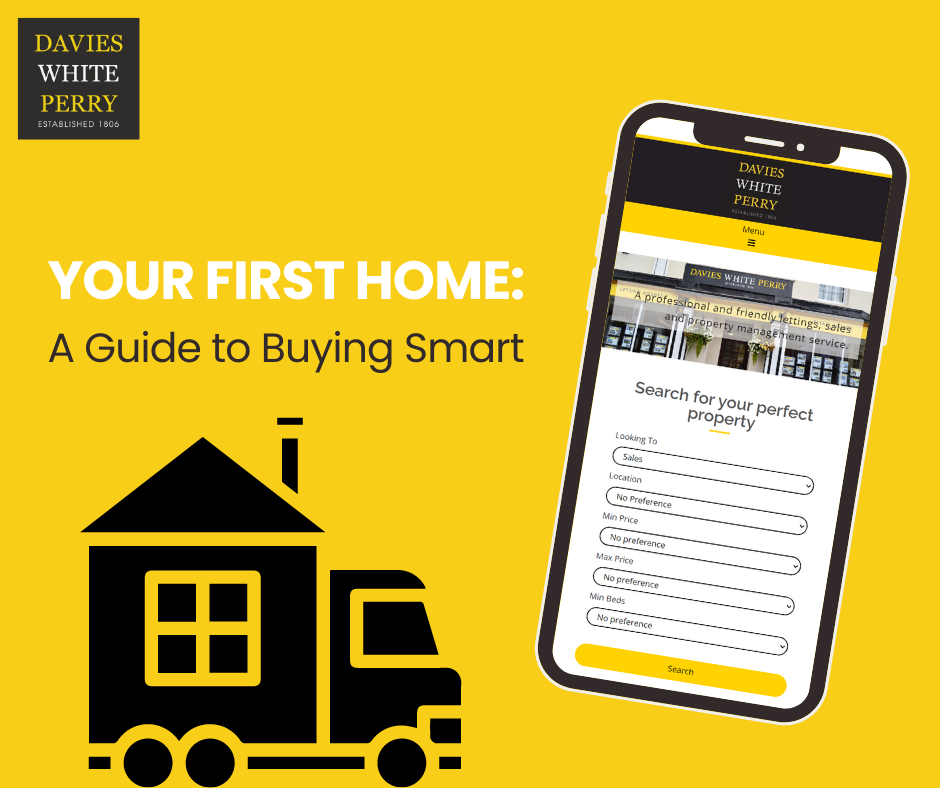Your First Home: A Guide to Buying Smart
Buying your first home is an exciting milestone, but it can also be overwhelming. With so many factors to consider, it’s crucial to do your homework to ensure you make the right choice. Here’s a comprehensive guide to help you navigate the journey of purchasing your first home, covering everything from location to property features, and financial considerations.
Location, Location, Location
Neighbourhood Safety
Your home should be a sanctuary. Research crime rates in the area to ensure it’s safe. Online tools and local police reports can give you a clear picture of safety in your prospective neighbourhood.
Proximity to Work and Family
Consider how close the house is to your workplace, family, and friends. A long commute can eat into your personal time and affect your quality of life.
Local Schools
If you have children or plan to, the quality of local schools is paramount. Look into school ratings and talk to local parents to get a sense of the educational environment.
Amenities
Convenience is key. Check for nearby amenities such as supermarkets, parks, hospitals, gyms, and restaurants. These can significantly enhance your daily living experience.
Public Transportation
Even if you drive, having access to public transportation is a plus. It can be a lifesaver for commuting during bad weather or car troubles, and it can increase your property’s resale value.
Future Development Plans
Investigate any future development plans in the area. New infrastructure, shopping centres, or residential projects can impact property values and your living experience.

Property Features to Consider
Sun Orientation
Natural light can make a home feel more welcoming and reduce energy bills. Aim for a garden or main living areas that are sun-facing.
Garden and Outdoor Space
Think about the size and maintenance of the garden. A larger garden is great for kids and pets, but it also requires more upkeep.
Privacy and Noise
Check for privacy and noise levels, especially if the house is near busy roads or commercial areas. Visit at different times of the day to gauge this accurately.
Structural Condition
Look for signs of structural issues like cracks, dampness, or roofing problems. These can be costly to repair.
Energy Efficiency
Assess the insulation, windows, and heating systems. Energy-efficient homes save money in the long run and are better for the environment.
Buying your first home is a significant decision that requires careful consideration of various factors. By paying attention to the location, property features, financial implications, and legal aspects, you can make an informed choice that fits your lifestyle and budget. Take your time, do your research, and consult professionals when needed. Happy house hunting!

